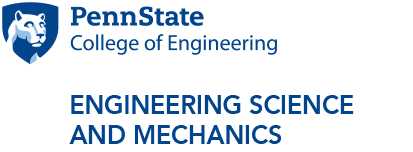Optical Computing for AI: Scalable Solutions to Energy and Computational Challenges
Abstract:
Artificial neural networks have driven groundbreaking advances across diverse fields, from computer vision to natural language processing. Yet their rapid growth in complexity and scale is creating computational and energy bottlenecks that hamper further progress. Optical computing offers a promising path forward, exploiting optics’ intrinsic advantages – ultrafast operation, broad bandwidth, and low power consumption – to outperform traditional electronic hardware.
Despite its potential, current optical computing implementations face several hurdles, including large physical footprints, insufficient or absent nonlinear functionality, and challenges in integrating optical components with existing infrastructure. In this talk, I will present our recent developments that address these challenges and move us toward low-power, scalable, high-speed optical computing hardware.
Bio:
Xingjie Ni is an Associate Professor of Electrical Engineering. He earned his Ph.D. in Electrical and Computer Engineering from Purdue University and B.S./M.S. degrees from Tsinghua University. His research spans nanophotonics, plasmonics, and metamaterials, producing 50+ peer-reviewed publications and ~11,000 citations.
Honors include the Charles H. Fetter Faculty Fellowship, Gordon and Betty Moore Inventor Fellowship, NSF CAREER Award, NASA Early Career Faculty Award, Sony Faculty Innovation Award, and 3M Non-Tenured Faculty Award.
Event Contact: Lana Fulton



